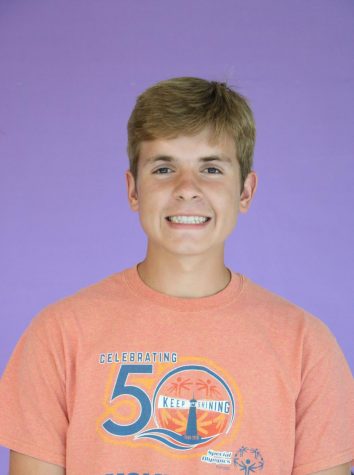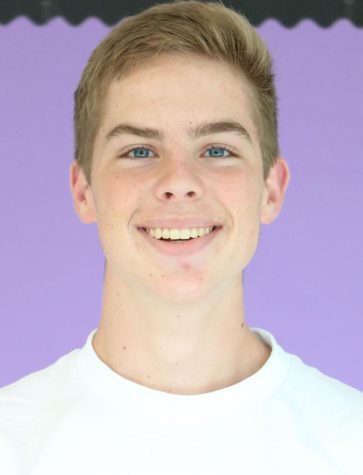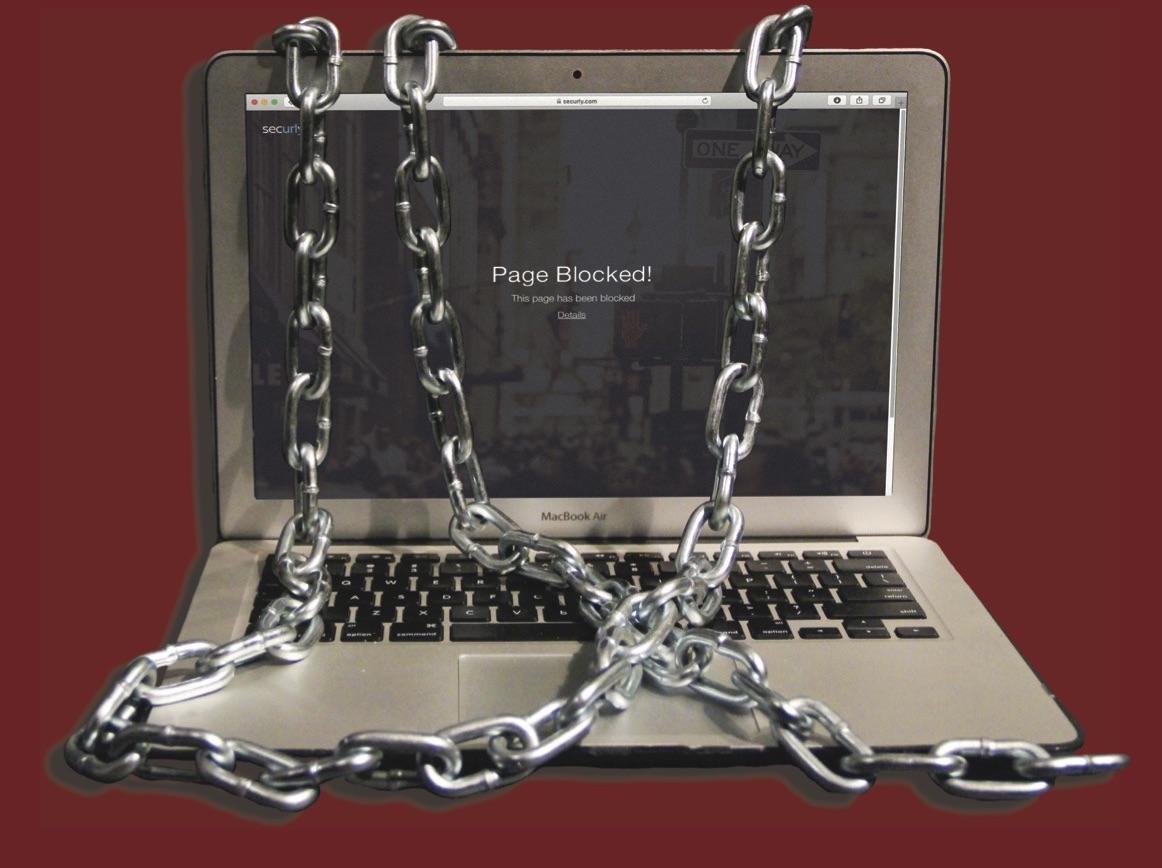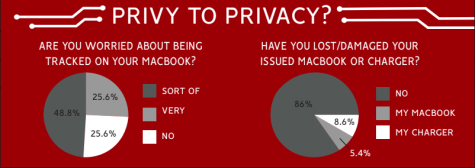A year to the day after the first batch of BVNW students received their MacBooks, principal Amy Pressly said teachers and students alike have yet to figure out how to truly harness the capabilities of the District-issued devices in the classroom.
“We wanted to use them to make sure that we’re truly enhancing what the kids are learning [and] how they’re learning in a way that they couldn’t if they didn’t have their MacBook,” Pressly said. “So, I think we’re just in the process of really making that change. I think it’s probably a three to five year shift before we will see a true blended situation here.”
Part of the hold up, BVNW Technology Integrations Specialist Nicholas Deffer said, is due to teachers trying to adapt to a new learning platform. And although a well- intended move by the District, Deffer said the feedback he’s received over the MacBooks has been mixed because of this.
“People are really quick to jump to the negative,” Deffer said. “There’s a learning curve to it. And so, as long as people are willing to accept that, they are moving forward with it.”
After losing the foreign language lab during the District’s ransomware attack at the beginning of the school year, when a virus wiped out the lab’s desktop computers, spanish teacher Kari Hillen dubbed the MacBooks a saving grace.
Previously using the foreign language lab for speaking and listening assignments, Hillen said the department would have had nowhere to go for the three languages offered at BVNW: Spanish, French and Latin, if not for the MacBooks. And, although requiring a little bit of trial and error at first, Hillen said her classes are back on track.
In addition to the success Hillen has had so far with the MacBooks, she also serves on the Blended Learning team at Northwest. Comprised of five teachers: Hillen, Deffer, Laura Deffer, Keri Schumacher and Hannah Werth, the team serves to aid the staff in the switch to a Blended Learning platform and provide new ideas on how to utilize the laptops.
Despite the assistance offered, some teachers have still run into problems. One such case includes a portion of the science department. Since the MacBooks aren’t touch screen, department chair and chemistry teacher Nanet Sula said the laptops aren’t equipped to meet the needs of the chemistry and physics classes.
“The reason we weren’t real happy with it in our classrooms is if we truly want the students to use it as notetaking and all that, not having a touchscreen makes it very difficult for a chemistry student to take complete notes,” Sula said. “You can’t type a unit cancellation problem very easily [on a MacBook].”
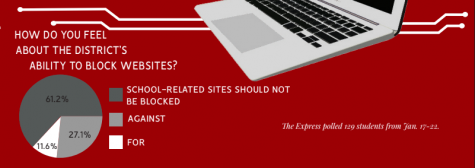
Due to the incompatibility of the MacBooks to the subject matter, Sula said the science department ordered a classroom set of draw pads for Physics classes as well as three additional ones for the three chemistry teachers to maintain productivity in the classroom.
For complaints fielded from students, Deffer said most of the negative feedback is tied to problems with the functionality of their issued laptop. Nine times out of 10, he said, this can be fixed by restarting the device.
Many have found the laptops to be helpful, though. According to a recent survey of 129 students by The Express, 93 percent answered that they were satisfied with their MacBooks, using them for a variety of reasons in addition to school work.
Junior Declan Franey said he prefers his District-issued laptop over his personal one at home.
“It’s definitely helped a lot. I feel like I can barely remember not having it. It’s just a very organized place for all my notes and especially during Halftime, [as] I’m always doing work,” Franey said. “It’s very helpful.”
In spite of mixed reviews, Deffer said he is hopeful the kinks will be worked out in due time.
“When you look at the resources that we have, I think that it’s moving in the right direction,” Deffer said.
Pressly seconded Deffer’s thoughts and said as teachers and students continue to adapt, the strides made in the near future could be unrecognizable compared to to the hiccups endured currently.
“I tell people that 10 years from now we’re going to look back on what education used to look like and [be] amazed,” Pressly said. “I can’t tell you what that 10 years out is going to look like; I just really believe that 10 years from now it’s going to look different.”
